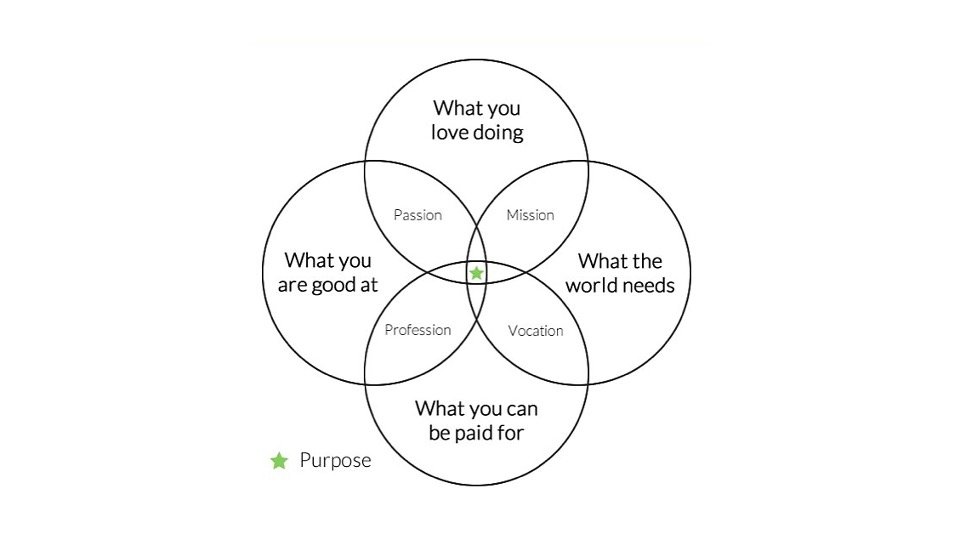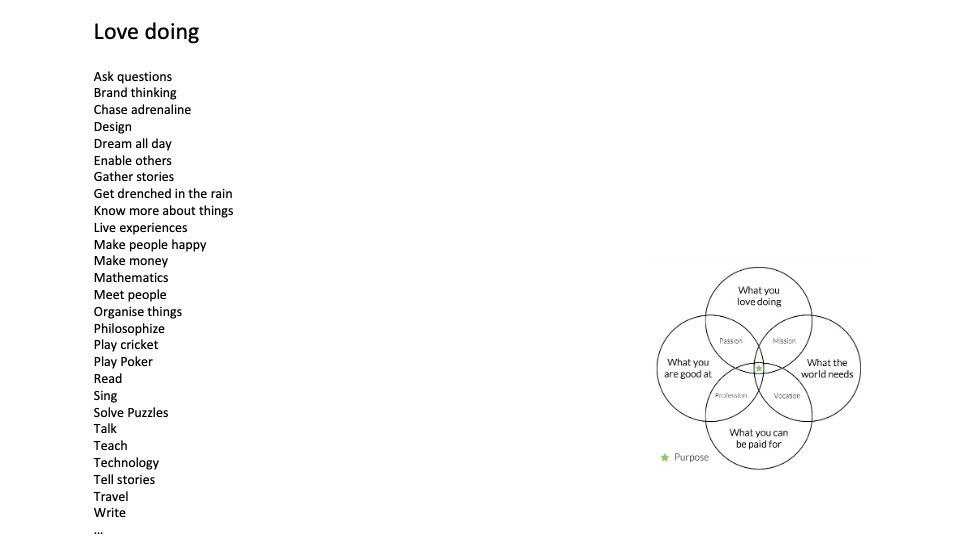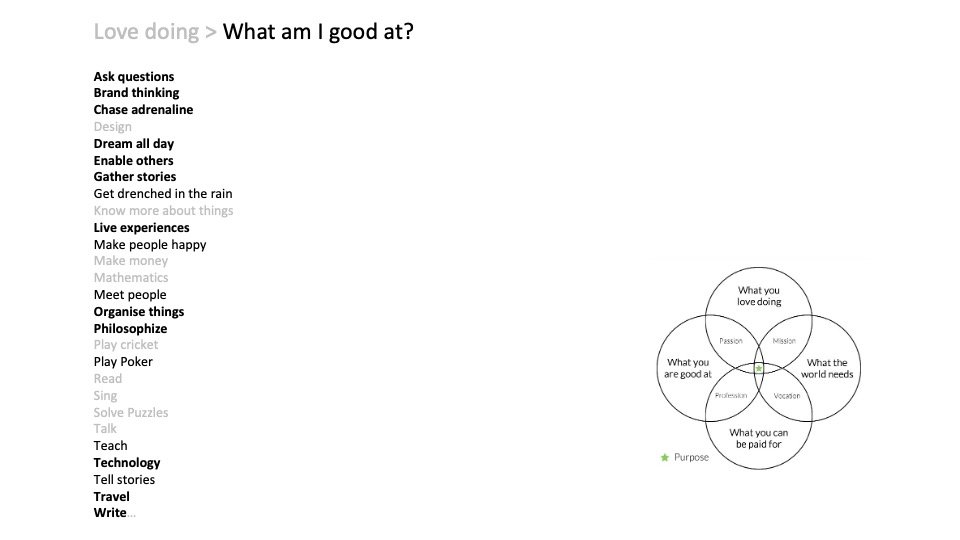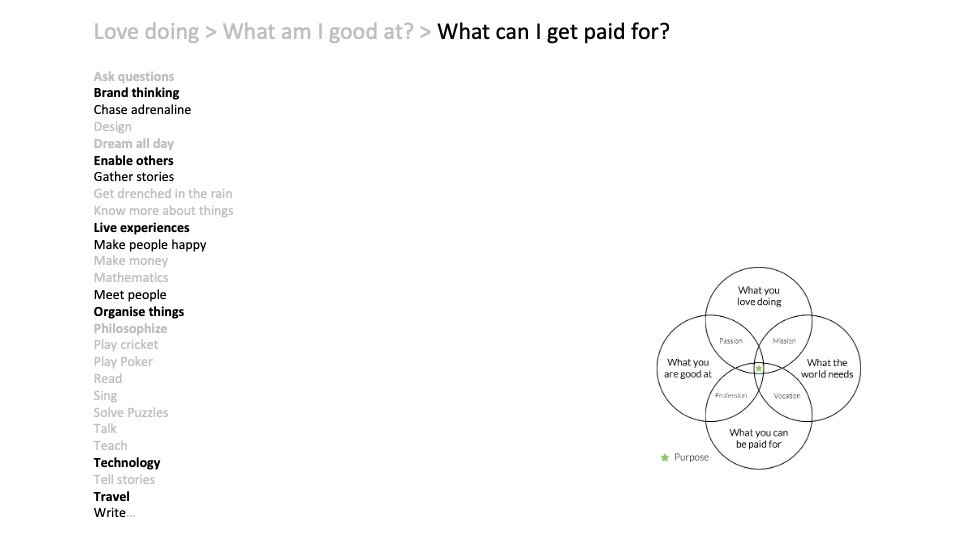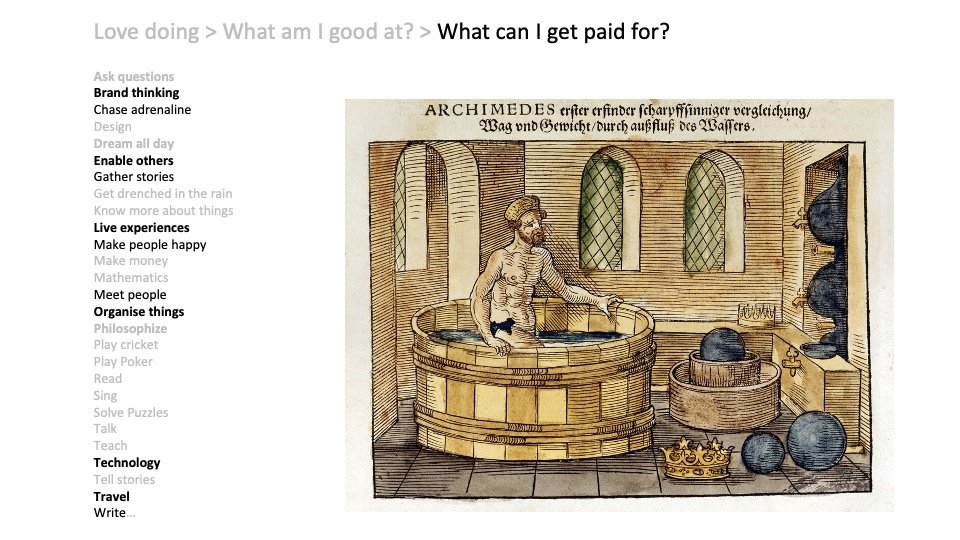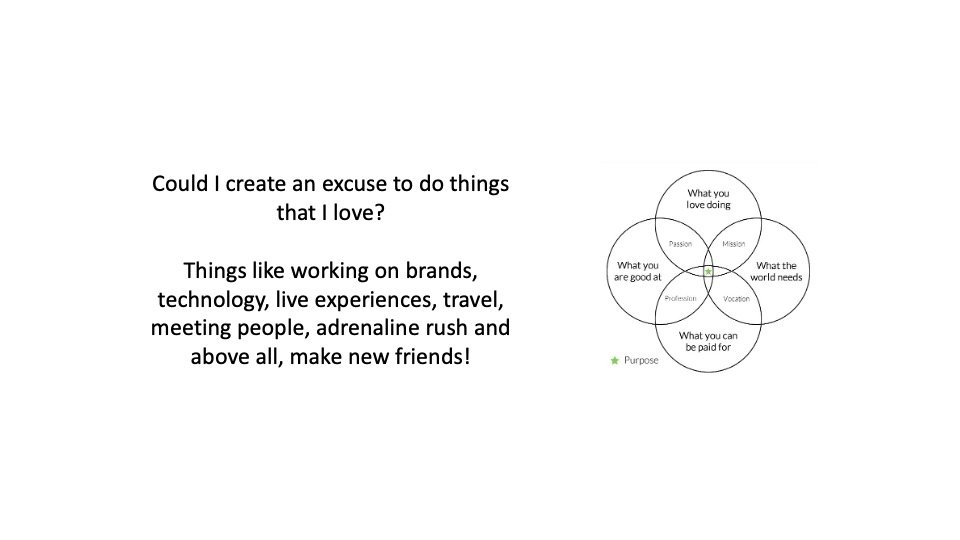Today’s day 6. I missed yesterday. I tried but there was a social obligation that I couldn’t get out of. So, let’s go.
So marketing to women is a tough one for me. Multiple reasons. Lemme talk about one of those. That I am a man. And that means at a deeper, personal level I dont understand women. I may read a lot, I may consume a lot of literature, I may do deep research, I may create a panel of women to talk to, I may do whatever. My experience and understanding will remain superficial at best. One of my writing teachers told me that while writing unless I feel like the person living that emotion, I will never do justice to what am writing. The same probably goes for marketing. Till I can feel the need-barrier-solution-release journey in my bones, I will never be able to do justice.
In fact, this need-barrier-solution-release is what I can sum whole of marketing in. Lemme talk about each. From the lens of women.
A/ Need. Aka Want.
I know these two are different but for argument’s sake and to keep things simple, let’s assume these are one and I will use these interchangeably. So there is this need that the woman wants a solution to. The need could be any of the following – look good (for whatever reason / occasion – wedding, date, family function, every day etc), take care of the family (nutrition, health, budgets, holidays, etc), manage her career better (navigate politics, balance work-family, provide for the family, etc), fly despite all the shackles imposed by Indian culture and more.
Often the woman is clear about her need. She may not be able to express it in words but deep down, she knows what she needs / wants. And to fulfil that, she starts to look for solutions. Often in the shape of products, services, etc.
To make this easier to explain, let’s take Renu for example.
Renu is 35, a fictional aam-aurat from a regular tier-1 city in North India, a tier-2 locality and middle-middle class. She got married at 26 and has a 7-year-old son and a 4-year-old daughter. The husband works at a bank as a manager. She doesn’t work apart from managing the house and wants to give the best to her family, especially the “raja beta”. She doesn’t even know that her managing the house qualifies as work. And since she’s a typical Indian, she is a maximiser and wants more value from each rupee she spends.
PS: I will use Renu as a recurring archetype in these posts. Over time I will create more archetypes that can encapsulate about 80% of women in India.
B/ Back to Renu. And Barriers.
Now Renu’s want of “giving the best” could take numerous shapes – education, nutrition, clothes, experiences, extra-curricular classes, comfort and all that. And she has a limited budget and limited understanding. Her barriers are money and knowledge. The money bit, she can’t solve for. And she knows it. She may want to work at some point but knows that it may not work out. The knowledge bit, she knows she can figure.
So Renu would probably go around seeking knowledge. She would read magazines, talk to elders, connect with others that have given a good life to their children, ask neighbours, look up content on her WhatsApp (shes not gonna do any deep research), experiment with a few things and then probably invest a large chunk of money and time and attention into the son’s life.
C/ Solutions.
As a marketer, you have two potential paths from hereon. Two potential approaches to the solution.
One. Peddle your wares. Make a quick buck and move on. Of course, spend money on acquiring Renu as a customer (CAC) and hope like hell that she spends a lot over a long period (LTV).
Two. You decide to help Renu solve this information barrier (and not just sell a solution). Your CAC is spent on educating, knowing very well that she may pick a competitor once she’s aware. You expert LTV to come to you as an outcome of the newer Renus that you would be able to acquire as a result of the salience that you would have built, thanks to your attempts at helping Renu bridge the knowledge gap.
D/ Release.
Once Renu what to do for her child, and she actually does it, she would pause and catch her breath. Before she jumps head first into the next need. Which may or may not be for her child. But she would carry the experience of this one loop with her. Each time she goes through this loop and she interacts with others (people, brands, influencers etc etc) she would “train” herself into doing better the next time she goes thru this loop.
And as a marketer, your job is to walk alongside her, if not just ahead of her where you pave the road that she would walk on!
So that!
Think about all the brands you love. At each opportunity, they would take the second route where they solve for one of the barriers and not just “sell”. And that ladies and gents is the idea for the day. And the post for the day.
PS: I am not sure if this is helpful to anyone. However, it did make me sit down and think about things. If you are reading this, please do tell me how do I make these posts better for you. And hopefully, over the next few days, I will find things that make sense.
